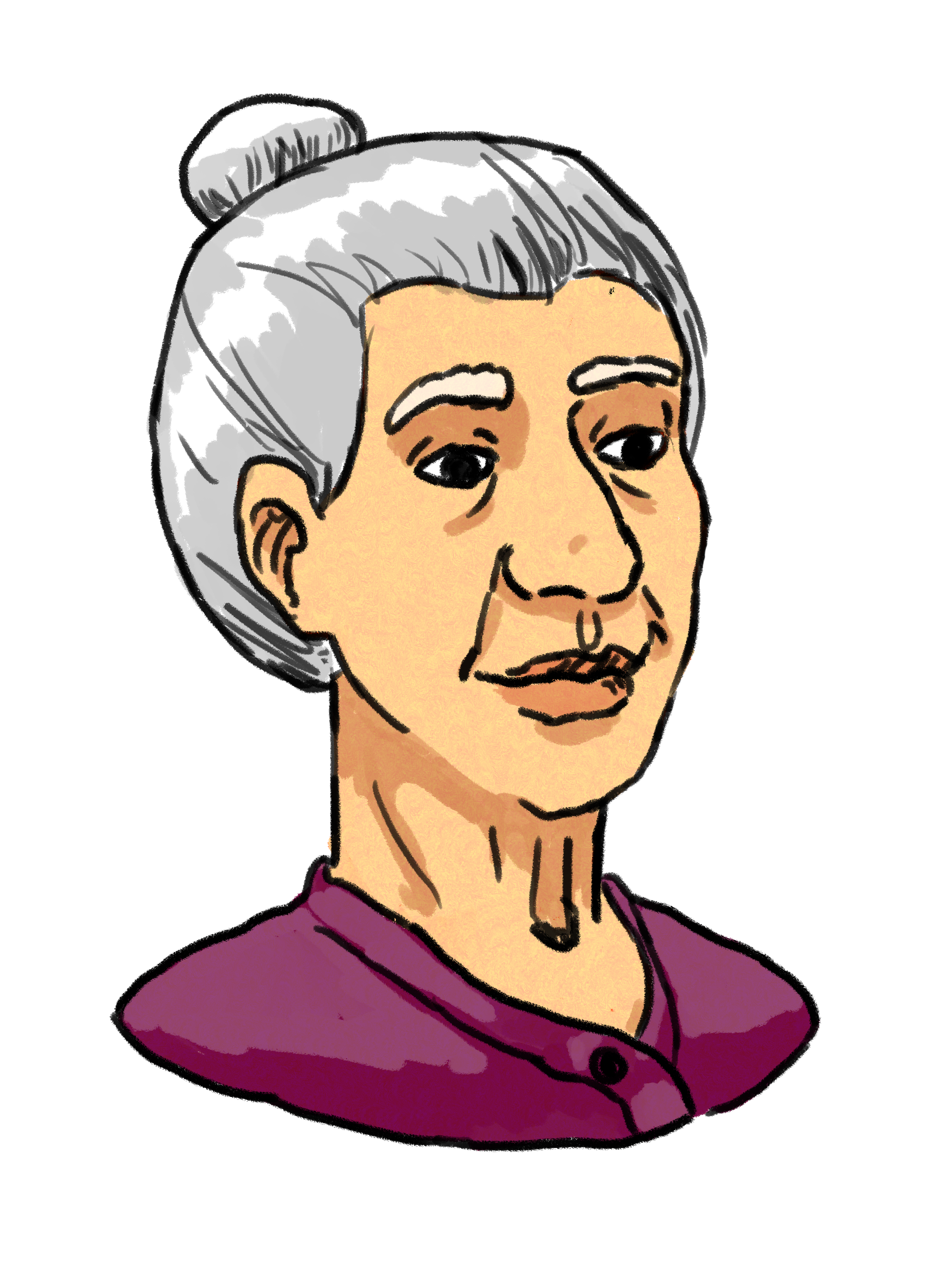In dieser Lektion
Sprechen
Interview
Besprechen Sie folgende Fragen mit Ihren Mitstudierenden!
- Woher kommst du? Beschreib deine Heimat!
- Wohnst du jetzt in der Heimat oder in einem anderen Ort? Wenn du jetzt in einem anderen Ort wohnst, welche Wohnsituation hast du lieber? Warum?
Wo wohnen Sie lieber?
Sehen Sie sich diese zwei Bilder an. Beschreiben Sie die zwei Wohnsituationen. Wo sind sie? Und wo wohnen Sie lieber? Warum? Besprechen Sie Ihre Vorlieben mit Mitstudierenden oder schreiben Sie darüber!
Strukturen
gern/lieber
You have already learned about the comparative form of adjectives. This form is used to compare two things as you can tell from the title. For example, one house is bigger than the other, and one apartment is prettier than the other. In German, you typically form the comparative by adding “-er” to the adjective.
But you have also learned that some adjectives and adverbs form the comparative in irregular ways. Gern is one example of this; the comparative of gern is lieber. You just used this form in the exercise above. Where do you like to live? Where do you prefer to live? Again, you used this form to compare one living situation to another and to express a preference about which one you would prefer. You’ll read a bit more about this in the Erweiterung to this lesson.
Two-Way Prepositions and Location
As you might remember, two-way prepositions can be used with either the accusative or the dative cases, and each case indicates a different meaning: accusative is used with destination (wohin? ) whereas dative is used with location (wo? ). In your discussion about your hometown and about your living preferences, you would typically use the dative case, simply because you are discussing different locations.
zum Beispiel: In meiner Heimat gibt es viele Berge.
zum Beispiel: In meiner Stadt kann ich alles finden.
zum Beispiel: Ich wohne lieber auf dem Bauernhof.
Again, you’ll review this further in the Erweiterung to this lesson.
Lesen
Lesen
Rafael und Jutta berichten von ihren Heimaten.
Rafael kommt aus dem Münsterland: Ich komme aus einem kleinen Dorf—na ja, es ist eine Kleinstadt, aber es fühlt sich wie ein Dorf mit 8000 Einwohnern an. Die Stadt hat einen mittelalterlichen Kern und ein altes Wasserschloss, was typisch fürs Münsterland ist. Und die Bevölkerung ist im Großen und Ganzen in der Landwirtschaft tätig—meine Eltern jetzt nicht mehr, aber es ist einfach Milchwirtschaft und Viehwirtschaft.
Jutta kommt aus der Wachau in Österreich: Meine Heimat? Meine Heimat ist immer eher mit Menschen verbunden als mit Orten, deswegen fällt es mir schwer, einfach nur den Ort zu beschreiben. Ich bin in einer Kleinstadt aufgewachsen, die an der Donau lag, also an einem Fluss. Der Fluss war sehr wichtig für mich und rundherum waren Hügel. Das ist die Landschaft, in der ich als Kind groß geworden bin.
Arbeit mit dem Lesen
Machen Sie eine Bildsuche (google.de) für “Wasserschloss Münsterland.” Was sehen Sie? Sie wissen schon, was Wasser bedeutet. Was bedeutet wohl das Schloss?
Wortschatz
Kultur
The term Heimat
The German term Heimat means home or homeland. But it means more than that. Many people think that this term, which is so culturally determined, does not have an equivalent in other languages. But why is that? Go to the German Wikipedia entry for Heimat and check out the description to see if you can figure out what makes this word so culturally specific. Obviously, you won’t understand everything, but look over the article. What do you notice? What meaning can you pull from the Wikipedia entry? And do you have any sense of how the word Heimat might be different from homeland? Discuss what you’ve found either with a partner or with your entire class.
Hören
Vor dem Hören
Sarah kommt aus Salzburg und Doris wohnt auf dem Land in Bayern. Schlagen Sie diese Orte nach: Wo sind sie? Sie werden eine Beschreibung von diesen Orten hören. Was erwarten Sie in jeder Beschreibung?
Doris hat drei Kinder, die schon Erwachsene sind. Was meinen Sie: Wohnen diese Kinder noch bei der Mutter? Warum oder warum nicht?
Hören
Arbeit mit dem Hören
Sarah: Beschreibung von Salzburg
Doris: Beschreibung von dem Wohnort
Schreiben
Schreiben Sie 3-5 Sätze über die Unterschiede zwischen Doris’ und Sarahs Heimat. Benutzen Sie dabei den Komparativ.
Zum Beispiel: Die Heimat von Doris ist kleiner als die Heimat von Sarah.



